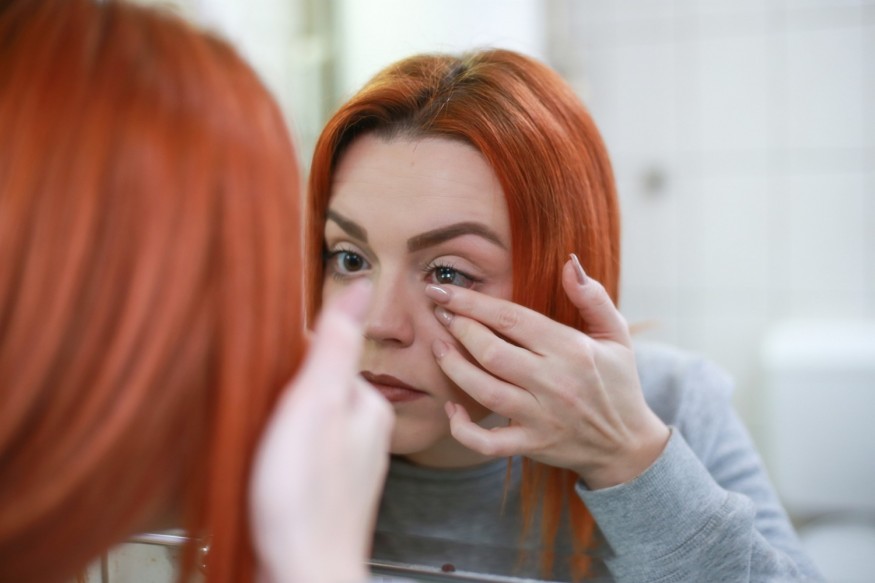New research reveals that wearing reusable contact lenses may result in a rare infection that causes vision loss.

Reusable Contact Lenses Cause Blindness
According to research published in the journal Ophthalmology, people who use multi-use lenses are nearly four times more likely to develop a blind-causing corneal infection than people who use disposables.
The researchers discovered that reusing lenses and wearing them overnight or in the shower increases the risk of acanthamoeba keratitis.
Professor John Dart told Medical News that there was an increase in cases of the rare eye infection, acanthamoeba keratitis, in the UK and Europe. Although it is a rare disease, Dart said that it is preventable and warrants a public health response.
"Contact lenses are generally very safe, but there is a small risk," Dart explained. He said that it is critical that people understand how to reduce their risk of developing keratitis.
There are an estimated 300 million people who wear contact lenses worldwide.
What Is Acanthamoeba Keratitis?
Acanthamoeba keratitis is a rare infection of the eye. This infection may result in permanent blindness. It is caused by Acanthamoeba- a microscopic, free-living amoeba.
The symptoms can last for several weeks to months and differ from person to person. Eye pain, redness, blurred vision, sensitivity to light, sensation of something in the eye, and excessive tearing are all symptoms of infection.
Because of the cyst's resilient nature, the infection can be difficult to treat. A topical cationic antiseptic agent such as polyhexamethylene biguanide or chlorhexidine, with or without a diamidine such as propamidine or hexamidine, is usually included in the current treatment. Take note that the dosages of these medications should be determined by a doctor.
Research Findings on Reusable Contact Lenses
Over 200 patients from London's Moorfields Eye Hospital participated in the study. It included 83 people with corneal infections. They were compared to 122 people who visited clinics for other reasons.
The researchers found that people who wore reusable soft contact lenses were found to be 3.8 times more likely to develop acanthamoeba keratitis than those who wore daily disposable lenses.
It was concluded that switching from reusable to daily disposable lenses could prevent 30-62% of eye infections in the UK.
Contact lens use is the leading cause of corneal infection in patients with otherwise healthy eyes who live in the northern part of the globe.
How To Prevent Acanthamoeba Keratitis
According to the CDC, in developed countries, the disease affects one in every 33 contact lens wearers. Certain practices, such as improper lens storage and handling, can increase the risk of Acanthamoeba keratitis in people who wear contact lenses.
The condition can be avoided by ensuring that your contact lens storage case is always filled with fresh solution and not sleeping with contact lenses.
It is also important to wear and replace contact lenses by following the eye care provider's instructions. Remove contact lenses before engaging in any activity that involves contact with water, such as showering, using a hot tub, or swimming. Before handling contact lenses, wash and dry your hands with soap and water.
RELATED ARTICLE: Gene Therapy Prevents Blindness in Children With Leber Congenital Amaurosis, NPHP5 Deficiency Expained
Check out more news and information on Medicine and Health in Science Times.
© 2026 ScienceTimes.com All rights reserved. Do not reproduce without permission. The window to the world of Science Times.












